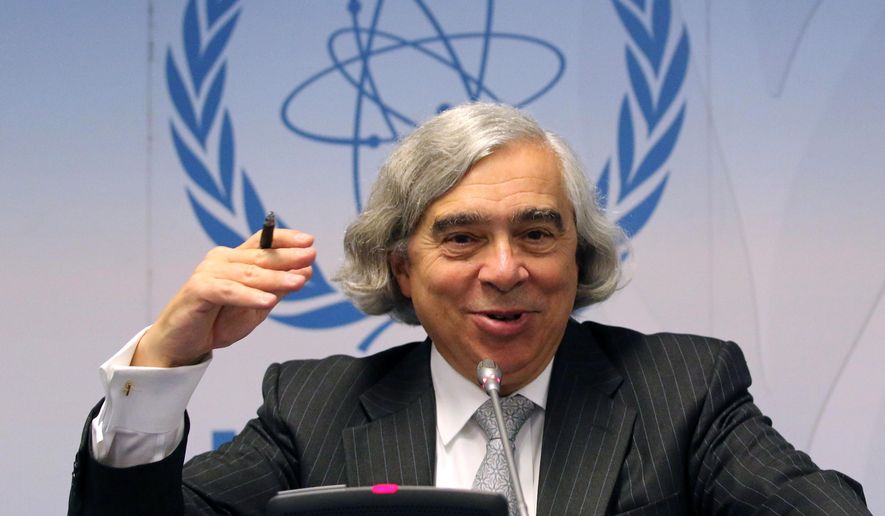The U.S. is on the verge of becoming one of the world’s largest suppliers of liquefied natural gas, but it still faces stiff competition from rivals in the $120 billion LNG export business, including Qatar, Australia and rising markets in East Africa.
Tim Boersma, acting director of the Foreign Policy Energy Security and Climate Initiative at The Brookings Institution, presented experts and analysts with his organization’s latest report on the state of global natural gas exports Monday during a briefing at the U.S. Energy Association in Washington, D.C.
“The United States is poised to become a major global supplier of LNG, but its operators will face significant competition from a variety of suppliers, in terms of alternative LNG, pipeline gas, domestic production, and alternative energy sources,” states the July report, titled “An Assessment of U.S Natural Gas Exports.”
One of those top competitors is Australia, which has been expanding its LNG production capacity over the last few months and is in the construction phase for seven export terminals. Australia and the U.S., which has five projects of its own under construction, together will add more than 110 million metric tons of annual capacity to the market within the next four years, Reuters news agency reported.
LNG export markets in East Africa also have been booming since the discovery of substantial offshore natural gas deposits over the past decade, according to the Brookings report. There is “significant interest from Asian investors” in the prospects of LNG production in Mozambique and Tanzania, but poor infrastructure and political instability in those countries have hamstrung their exporters.
This is good news for U.S. officials, who are optimistic for the future of natural gas exports.
“We anticipate becoming big players and I think we’ll have a big impact,” Energy Secretary Ernest Moniz said in April. “We’re going to influence the whole global LNG market.”
“Certainly in this decade, there’s a good chance that we will be LNG exporters on the scale of Qatar, which is today’s largest LNG exporter,” he added.
Qatar can produce up to 77 million metric tons of LNG a year, or about 25 percent of the world’s total, according to BG Group Plc, an LNG trading firm.
LNG is natural gas that has been cooled to minus 256 degrees Fahrenheit, which makes it occupy 600 times less space. Goldman Sachs Group said in March that LNG trade will top $120 billion this year.
Mr. Moniz and other proponents of domestic natural gas production say that LNG exports increase U.S. economic competitiveness and reduce risks to the environment.
The U.S. now is the world’s No. 1 producer of natural gas, according to government data. Last year, the U.S. produced more than 74 billion cubic feet of natural gas each day, Energy Information Administration data show. But export projects have faced significant opposition from environmental groups and red tape in the federal government as some analysts argue that increased natural gas exports could drive up domestic prices paid by U.S. businesses and consumers.
SEE ALSO: Hillary Clinton talks big on climate change but silent on Keystone XL
The Obama administration has tried to downplay those concerns by arguing that an increased reliance on LNG exports would be a cleaner energy alternative to coal and could create as many as 65,000 jobs per year.
Still, the emergence of the U.S. as a major LNG exporter is clouded by “major uncertainties,” according to Mr. Boersma.
Among the uncertainties he cited, according to his natural gas report, are the extent to which “the major economies in Asia decide to reduce the share of coal in their electricity generation” and “whether the United Nations Framework Convention on Climate Change meeting in Paris in late 2015 reaches a global agreement on reducing CO2 emissions.”
• Dave Boyer and Ben Wolfgang contributed to this report.
• Brennan Weiss can be reached at bweiss@washingtontimes.com.




Please read our comment policy before commenting.